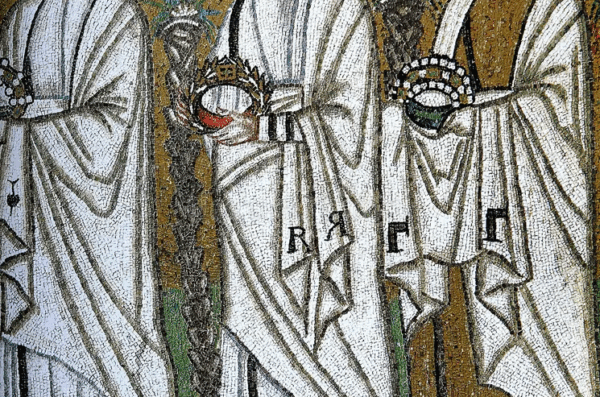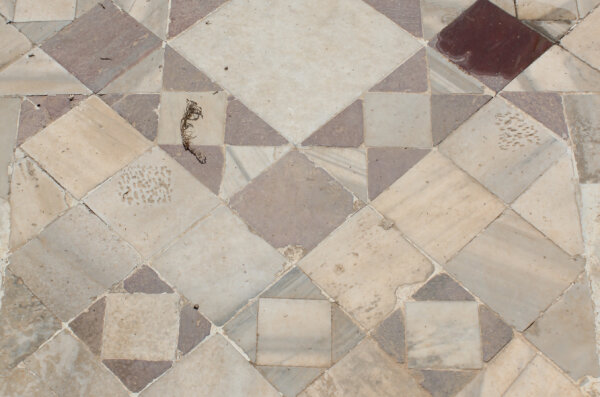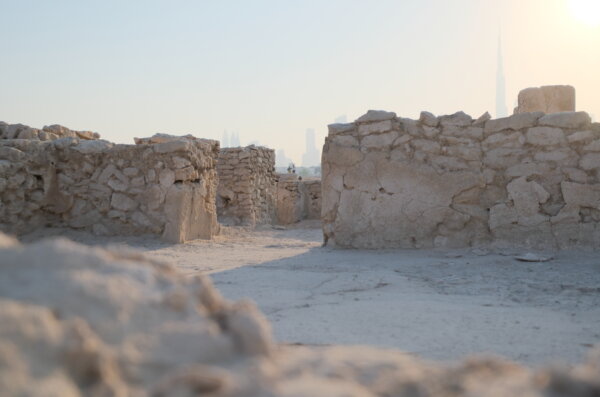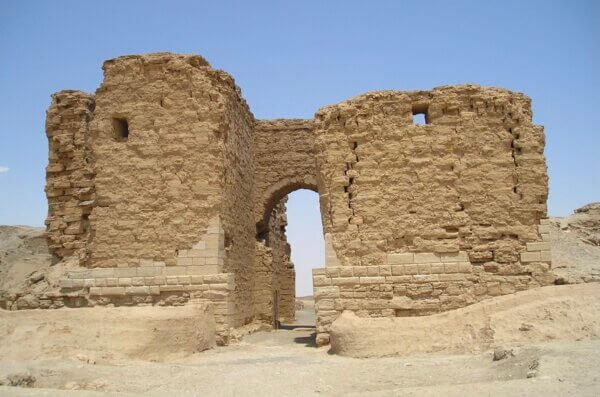
5 III 2026: Julia Doroszewska (UW), Subversive Sainthood: Late Antique Hagiography as Evidence for Religious Mentality
Subversive Sainthood: Late Antique Hagiography as Evidence for Religious Mentality My presentation reconsiders late antique Greek miracle collections that are often read as pious entertainment, arguing instead that they preserve ...
Czytaj więcej

26 II 2026: Mariusz Gwiazda (UW), Marmora Christiana? Marble Use and Distribution Patterns in the Early Byzantine Southern Levant
Marble has long been treated as a key indicator of economic capacity, elite consumption, and long-distance exchange in the Roman world. In contrast, its role in the Early Byzantine period ...
Czytaj więcej

19 II 2026: Agnieszka Lic (IMOC, PAS), Eastern Arabia and the Gulf in the Early Islamic Period: Archaeological Perspectives on the Christianisation, Islamisation, and Urbanisation of the Region
In this presentation, we will explore Eastern Arabia and the Gulf during the Early Islamic period through the archaeological record. The focus will be on the 7th– 10th centuries, a ...
Czytaj więcej

22 I 2026: Karl Dahm (Durham), Family Dramas in Late Antique Church Conflicts
Traditional scholarship tended to depict ecclesiastical conflicts of late antiquity as taking place on the grand and public stage of church councils, theological treatises, and imperial decrees with bishops and ...
Czytaj więcej

15 I 2026: Sofía Torallas-Tovar (IAS Princeton), Writing Magic: Scribes and Magical Formularies on Papyrus
In the study of magic in the Ancient World, scholars have had a tendency to focus on the practitioners and clients of magical practices. This paper focuses instead on the ...
Czytaj więcej

8 I 2026: Simcha Gross (University of Pennsylvania), Good Fences Make Bad Neighbors: Communities and Empire on the Roman-Sasanian Frontier
The competition between the Roman and Sasanian empires for control of the frontier has been told many times, but typically from an imperial perspective. This lecture shifts the focus to ...
Czytaj więcej






